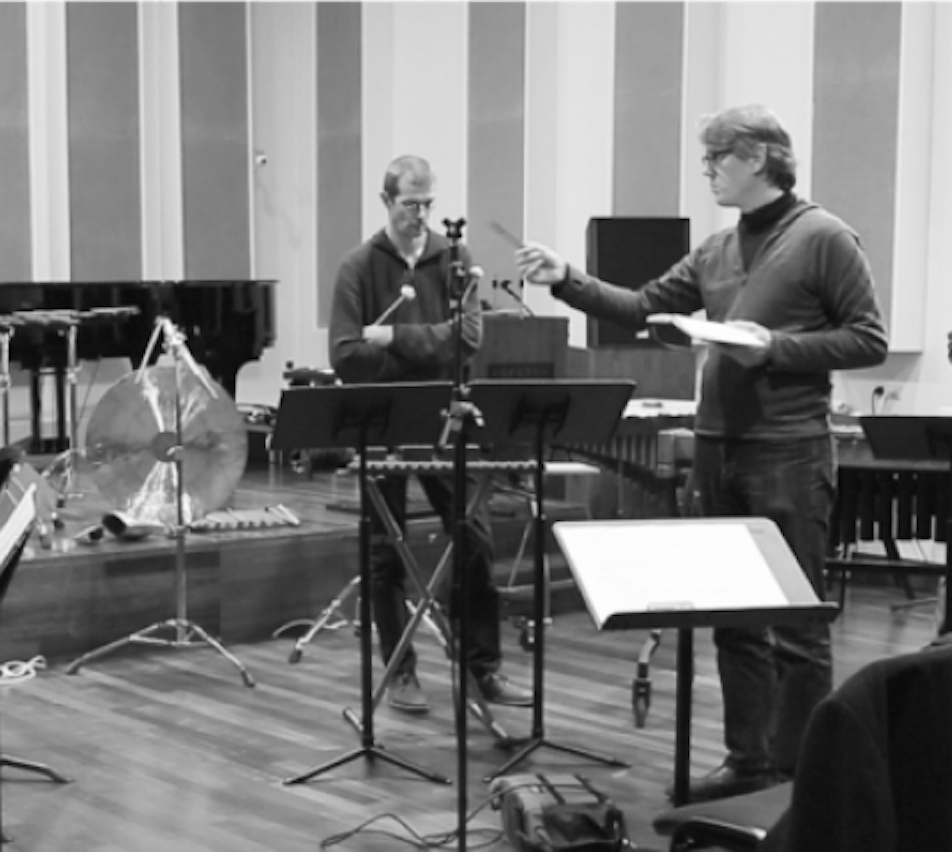

| Started in: | 2011 |
| End date: | 2016 |
| Musician type: | keyboard |
| University: | Leiden University |
| Personal website: | andrewwright.nl |
| Nationality: | Germany / USA |
| Started in: | 2011 |
| End date: | 2016 |
| Musician type: | keyboard |
| University: | Leiden University |
| Personal website: | andrewwright.nl |
| Nationality: | Germany / USA |
As a versatile musician, Andrew is first and foremost a pianist, and thereafter also an organist and conductor.
He made his orchestral debut with the State Orchestra in Michoacan, Mexico. Having performed as a soloist with orchestras in the United States, Mexico and the Netherlands and in over a dozen radio and TV broadcasts, Andrew has won many prizes for his performances.
As a performer of contemporary music, Andrew has given premieres of a piece for piano soloist and orchestra by Jason Moore and a quintet by John Ferritto, among others, and he performed in George Crumb’s 75th Birthday tour. In 2009, Andrew premiered a new composition by American composer Walter Mays. He was also the founder and director of a contemporary music group called the Zeitgeist Consort, which held highly experimental concerts and creative events. He has performed at some of the most prestigious festivals in North America, such as Banff, Music Academy of the West, the International Musical Arts Institute, Kent/Blossom, and the TCU-Van Cliburn Piano Festival, and the International Holland Music Sessions.
Andrew took lessons with Julie Bees at Wichita State University, after which he graduated as a Master of Music from Southern Methodist University in Dallas where he received an Artistic Merit Scholarship. He received his second degree in 2011, studying with Naum Grubert at the Royal Conservatoire of the Hague.
Andrew has been teaching piano for over 10 years. He was on the faculty of the Thurman School of Music in Dallas and has given masterclasses at universities and conservatories in the US and Italy.
His docARTES doctoral defense took place on June 22, 2016 at Leiden University.